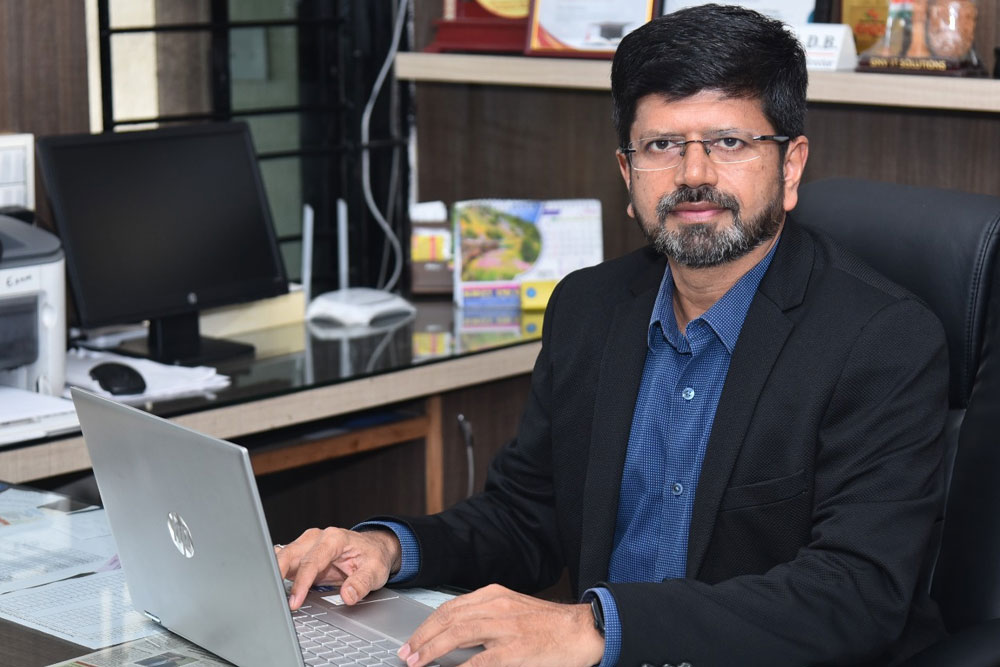 Dr. Chenraj Roychand
Dr. Chenraj Roychand A distinguished Indian educationist, entrepreneur, angel investor and philanthropist with over 40 years of experience...
 Dr. Chenraj Roychand
Dr. Chenraj Roychand  Sri. Achalchand Jain
Sri. Achalchand Jain  Dr. Ganesh D. B.
Dr. Ganesh D. B.  Master of Business Administration (MBA)
Master of Business Administration (MBA)
 Master of Business Administration (MBA) - 120
Master of Business Administration (MBA) - 120
Research and Development (R and D) is a major aspect of Jain Institute of Technology, Davangere (JITD). It is the foundation of the continuing education to create the knowledge for all disciplines. It directly contributes towards the enhancement of the society as whole considering health, culture, economic development and the advancement of nation.
R and D at JITD encompasses by the principles of honesty, integrity, trust, accountability and stewardship; meets high scientific and ethical standards; and is conducted with honest and thoughtful inquiry, rigorous analysis, and accountability for the use of professional standards for the benefit of society.
Research is a precursor to discovery and innovation. JITD recognizing the importance of research has initiated rigorous R & D activities in the institute. We have envisioned becoming a well-known name in research and development activities. Our immediate goal is to encourage excellence in research, publications and Intellectual Property Rights (IPRs) activities at Department as well as Institute level. We are self-motivated to publish quality research results in National and International Conferences and Journals.
To enrich the Learning Process among the faculties and students, we host Seminars and Workshops, Conferences of well-known personalities from Academia and Industries. The R & D Cell is also getting inputs from Industries and funding Agencies.
R & D team comprises of the following members
The Role of R &D:
Responsibilities of R & D Cell:
Code of research ethics: This code expresses the ethical values of all staff and students engaged in academic and/or research activities at the JITD, who have committed themselves to:
|
Sl. No |
Type of Journal |
Incentives (In Rupees) |
|
1 |
Quartile 1 of any mentioned Index |
10000 |
|
2 |
Quartile 2 of any mentioned Index |
7000 |
|
3 |
Quartile 3 of any mentioned Index |
5000 |
|
4 |
Quartile 4 of any mentioned Index |
2000 |
|
5 |
National / International Conference publications |
2000 |
|
6 |
Reputed book chapter |
3000 |
|
7 |
Book publishing |
7000 |
